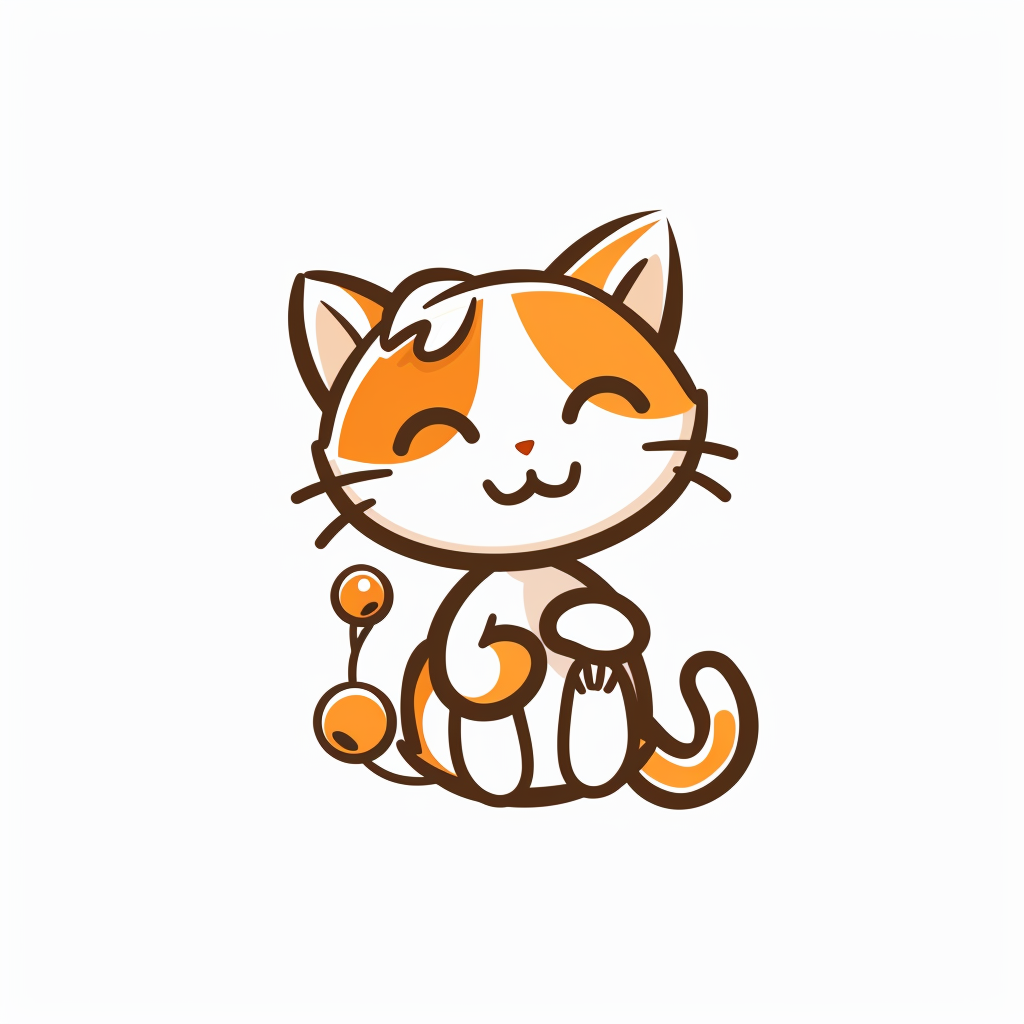For all experienced, new, or soon-to-be cat owners, the breed of their pet is much more than just a preference. It lets them in on all they need to know as good caretakers; a pet’s personality, its health requirements, shedding periods, eating habits, diseases to look out for and healthy weight.
Some of these factors may vary according to the cat itself, but it is always better to have some insight. British shorthairs, better known as “teddy bear cats“, are ideal pets with their friendly, affectionate, and adaptive nature.
They are a bit clumsy at times but it’s hard to be upset with them for long with their large, often colored eyes, round face, and fluffy coats. Now, we will answer a few common questions cat parents might have about this breed.
Do British Shorthair cats shed?
Yes, but luckily for British shorthair owners, this feline does not shed as frequently as other breeds. The short, dense, and plushy overcoat is low maintenance and only requires regular brushing.
Since they have a double breed layer, the undercoat is often subject to molting. Molting refers to the shedding of the undercoat during spring and autumn when this conventionally indoor cat is subjected to more natural light, allowing it to grow thicker fur.
How to minimize shedding for British Shorthair cats?
Molting is inevitable in almost all cat breeds, however, this short shedding period can be made much less noticeable by certain care tips:
Rule out Health-Related Issues
 If your feline companion is shedding excessively, it could be due to skin diseases like dermatitis, allergies, fleas, stress, or inappropriate grooming and maintenance.
If your feline companion is shedding excessively, it could be due to skin diseases like dermatitis, allergies, fleas, stress, or inappropriate grooming and maintenance.
These problems are usually indicated by dry or bald patches of fur, which, if found, should immediately be taken up with a veterinarian.
Proper Diet and Hydration
A healthy diet includes quality food rich in these two fatty acids: Omega 3 and Omega 6. The only downside to buying quality food rich in nutrients is the cost.
Furthermore, preparing meals at home is an even more difficult task, but once your cat gets the nutrition it requires, hair loss and shedding will decrease to a minimum.
Dehydration also plays a significant role in skin infections and excess shedding. Thus keeping water bowls around the house and mixing wet food with dry kibbles are foolproof ways to keep your cat hydrated.
Regular Grooming
Inadequate grooming or skipping the process altogether is the reason for tangled hair, dead hair, and overgrown fur. These can all be avoided by regular brushing using matt removers and de-shedding tools weekly.
Proper and careful grooming is the easiest way to get rid of dead hair and make room for healthy, dense fur.
Give them a Bath
Although the most straightforward tip, bathing or washing your cats are some of the most controversial topics in the feline community. No matter how adaptable or domestic a cat is, they are seldom fans of a good scrub.
However, running water is the best remedy for dandruff, dead hair, and hair fall, and a cat-safe shampoo will surely remove all dirt and dust. An alternative could be cat-friendly wet wipes, but they often do not get the job done.
What are other health-related concerns British Shorthair cats face?
Despite having a lifespan of 15-20 years, these furry friends do face the following health issues that their owners may want to check up on monthly:
1. Diabetes
One of the most common concerns British shorthairs face is diabetes which makes them very prone to obesity. Ensuring a healthy weight and build by plenty of exercises and necessary nutrition is a great way to keep your cat in shape.
2. Gingivitis and Gum Disease
Although often neglected, teeth and gum health are very important for this breed.
They are easily subjected to bleeding or swollen gums, which cause irritation and greatly affect their eating habits. Owners should be on the lookout for red gums and bad breath as symptoms.
3. Polycystic Kidney Disease
This disease results in cysts developing in the kidney and spreading to other organs. It often causes kidney failure but has an easy preventative measure, which is to ensure your cat is hydrated at all times.
Neglecting the water intake of your pet is bad parenting.
4. Hypertrophic Cardiomyopathy
British shorthairs are unfortunately subjected to this disease due to gene mutation, and it affects blood pressure. There is no way to prevent it but a healthy diet and looking for signs of distress and discomfort are two things to be wary of.
Are British Shorthair cats hypoallergenic?

Yes, despite their convenient shedding cycles, the risk of allergy is not completely removed, even when it comes to the perfect family cat. This is because the allergen is protein Fel D1 is produced in the undercoat and just more evenly distributed.
The risk of allergy is certainly reduced, but owners should certainly prioritize their own health too. If they still go ahead with their decision to become a pet parent, a strictly followed cleaning routine is a must.
Conclusion
As a cat parent, it is essential to remember that with great fur comes great responsibility, and shedding is often just a part of living with a cat. It is best to have a handful of lint rollers and wet towels around the house.
On the other hand, British shorthair cats not only make great companions and are a joy to have around but are also sufficiently low maintenance.
